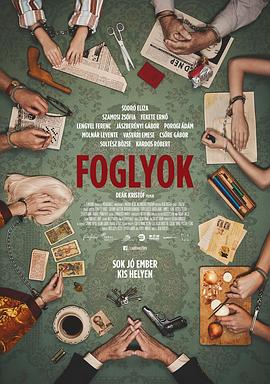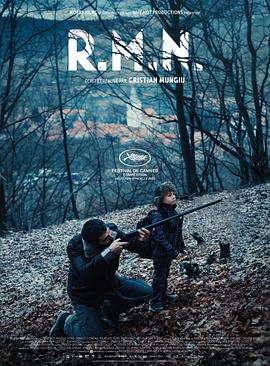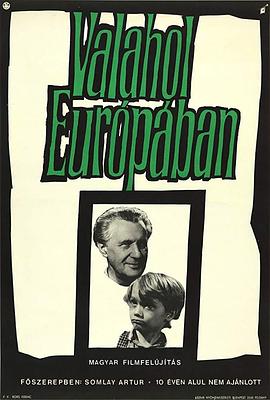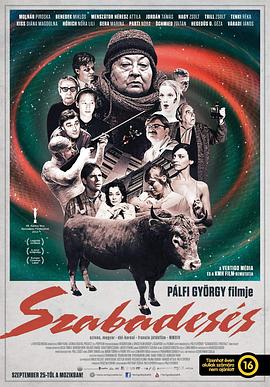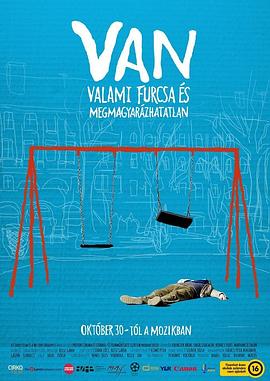Miklós
搜索"Miklós" ,找到 5部影视作品
导演:
/
克里斯托弗·迪克
剧情:
When Fuchs starts 2019理论大全在线his new job as a teacher in a prison school, replacing the old and unconventional teacher Berger against溏心风暴1国语 her will, he is forced to confro一个人看的视频观看免费观看nt his biggest fear, triggered by the mysterious, withdrawn inmate Samira.
导演:
/
Radványi,Géza
剧情:
Somewhere in the remote region, the war ends. In the midst of ruined cities and houses in the streets, in rural hamlets, everywhere where people still live, are children who have lost their homes and parents. Abandoned, hungry, and in rags, defenseless and humiliated, they wander through the world. Hunger drives them. Little streams of orphans merge into a river which rushes forward and submerges everything in its path. The chi疫情期间拿下老妈ldren do not know any feeling; they know only the world of their enemies. They fight, steal, struggle for a mouthful of food, and violence is merely a means to get it. A gang led by Cahoun finds a refuge in an abandoned castle and encounters an old composer who has voluntarily retired into solitude from a world of hatred, treason, and crime. How can they find a common ground, how can they become mutual friends The castle becomes their hiding place but possibly it will also be their first home which they may organize and must defend. But even for this, the price will be very high. To this simple story, the journalist, writer, poet, scriptwriter, movie director, and film theoretician Béla Balázs applied many years of experience. He and the director Géza Radványi created a work which opened a new postwar chapter in Hungarian film. Surprisingly, this film has not lost any of its impact over the years, especially on a profound philosophical level. That is to say, it is not merely a movie about war; it is not important in what location and in what period of time it takes place. It is a story outside of time about the joyless fate of children who pay dearly for the cruel war games of adults. At the time it was premiered, the movie was enthusiastically received by the critics. The main roles were taken by streetwise boys of a children's group who created their roles improvisationally in close contact with a few professional actors, and in the children's acting their own fresh experience of war's turmoil appears to be reflected. At the same time, their performance fits admirably into the mosaic of a very complex movie language. Balázs's influence revealed itself, above all, in the introductory sequences an air raid on an amusement park, seen in a montage of dramatic situations evoking the last spasms of war, where, undoubtedly, we discern the influence of classical Soviet cinematography. Shooting, the boy's escape, the locomotive's wheels, the shadows of soldiers with submachine guns, the sound of a whistle—the images are linked together in abrupt sequences in which varying shots and expressive sharp sounds are emphasized. A perfectly planned screenplay avoided all elements of sentimentality, time-worn stereotypes of wronged children, romanticism and cheap simplification. The authors succeeded in bridging the perilous dramatic abyss of the metamorphosis of a children's community. Their telling of the story (the scene of pillaging, the assault on the castle, etc) independently introduced some neorealist elements which, at that time, were being propagated in Italy by De Sica, Rossellini, and other film artists. The rebukes of contemporary critics, who called attention to formalism for its own sake have been forgotten. The masterly art of cameraman Barnabás Hegyi gives vitality to the poetic images. His angle shots of the children, his composition of scenes in the castle interior, are a living document of the times, and underline the atmosphere and the characters of the protagonists. The success of the picture was also enhanced by the musical art of composer Dénes Buday who, in tense situations, inserted the theme of the Marseilaise into the movie's structure, as a motive of community unification, as an expression of friendship and the possibility of understanding. Valahol Europaban is the first significant postwar Hungarian film. It originated in a relaxed atmosphere, replete with joy and euphoria, and it includes these elements in order to demonstrate the strength of humanism, tolerance, and friendship. It represents a general condemnation of war anywhere in the world, in any form.
导演:
/
乔治·巴勒菲
剧情:
自潜行狙击在线观看殺不成的老婦人,屢次從頂樓一躍而下卻無法如願以償,只好再次跛腳步上公寓頂樓。每經過一層樓,便經過一段光怪陸離。七層樓,七種人生樣貌,詭異至極、毫無邏輯,以黑色幽默之姿一窺當代生活,笑看人性的虛偽及庸俗,笑到最後卻忍不住心底發毛。 匈牙利導演喬治帕爾菲二○○二年初試啼聲,便以處女作《田園風光》一炮而紅。其後的《百年癲狂》更顯瘋狂不羈,在坎城引發熱議。擅於揉合奇想與創意,以魔幻寫實著稱的喬治帕爾菲,新作《公寓瘋光》影像同樣奇幻詭譎,戲劇調度农夫导航永久與剪輯美學更貼近夢境囈語。從喜劇、科幻到神話,從歡笑、驚悚到恐懼,在風格迥異的七部短片裡,導演也展現其對不同類型的遊刃有餘。
导演:
/
嘉博·雷兹,Miklós,Horváth,Bálint,Györiványi
剧情:
Aron,快將三十,剛畢業,缺工作,連找工也由老媽寫CV,唯一成就是有個可愛女友,結果女友背他劈腿,人生至此已走至頹廢盡頭。每次想靜靜哀悼戀情,總被閒人魔妃瑣事纏身,面容呆滯,生活失焦,淪為他人世界的路人甲。直至一次酒後胡塗,錯手刷卡買下機票,遠離家鄉布達佩斯的陰霾,才在異國遇龙电视剧免费观看全集的陽光下重拾節奏。 匈牙利新進導演以平實手法,不以花巧鏡頭,靠著跳脫的敘事節奏及精準的人物呈現看似即興的安排,幽默有趣地用鏡頭捕捉現實社會下的「偽文青」心底事。這部魅力過人的清新首作4399高清在线观看,在各大歐洲電影節大放異彩,成為不少影評人的特別推介。 2014 意大利都靈電影節-評審團特別獎 2014 法國南特國際電影節

